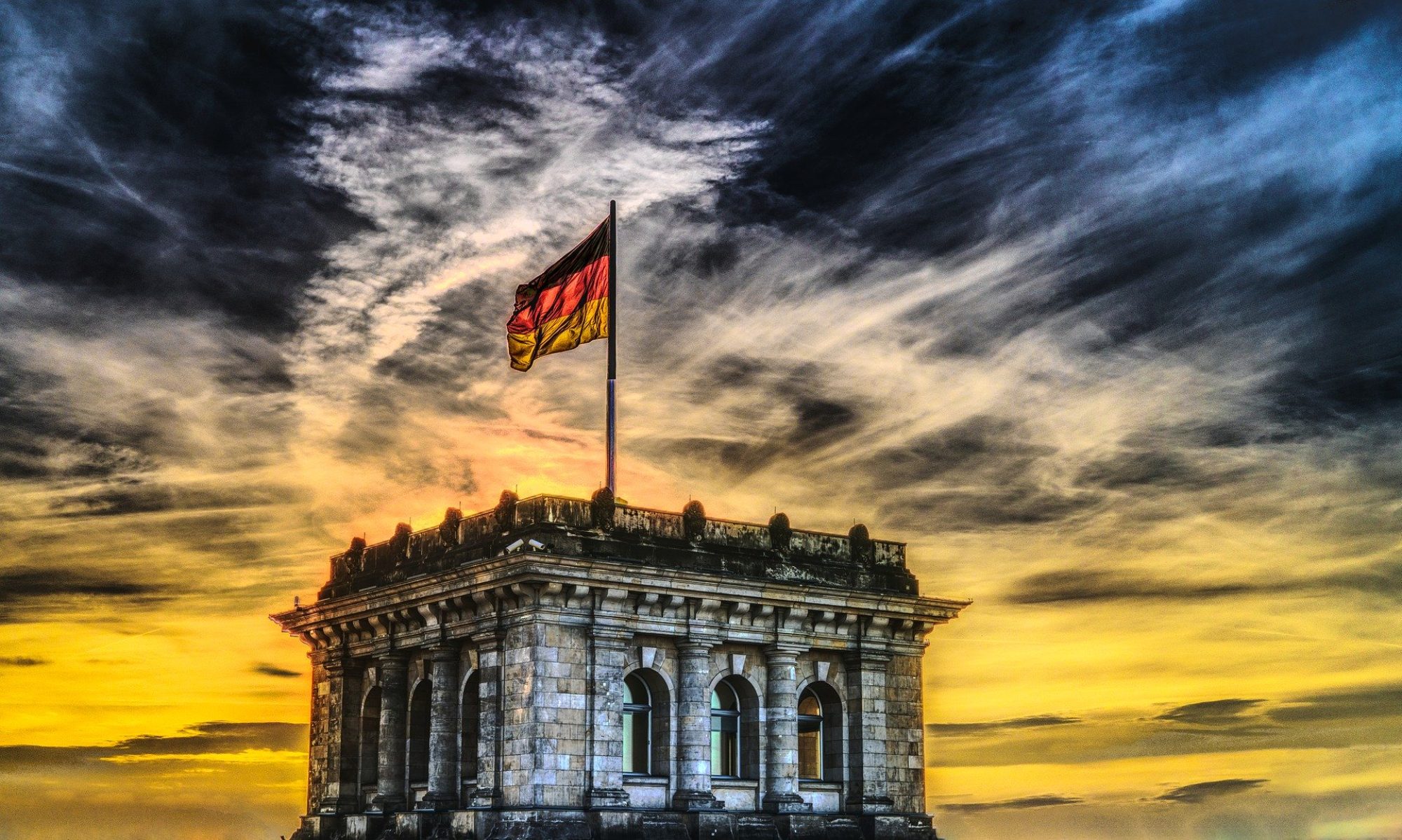Integrating refugees into a new country is a hard and complicated process. Enthusiasm to help refugees has faded due to this difficulty, and without so much vigor to help those in need opportunists, racists, and nationalists have seized political power in influential countries world-wide. The results will not be good for displaced people.

Anti-immigrant world leaders have used xenophobic platforms to get elected or remain in power across the world. In the United States, a country that once resettled more refugees than all other countries combined, Donald Trump was elected President with campaign promises to build a wall to keep migrants out, and once elected he cut the refugee admission cap to a historic low. Narendra Modi’s government in India is attempting to pass a controversial constitutional amendment that would offer a path to citizenship for illegal migrants of minority religious backgrounds except for Muslims, leaving their security in that country in question. And in Brazil, President Jair Bolosonaro pulled the country out of the UN’s Global Compact for Safe, Orderly and Regular Migration. Support for helping refugees is falling fast in countries like these, but Europe has become the focal point in this shift in opinion.
Support for refugees began on a positive note in Europe but the decade ended with a continent far more skeptical of migration and integration than it began. Over 1.3 million people sought asylum there in 2015, a record for the Union. Angela Merkel, Germany’s Chancellor, famously announced that she would allow those fleeing the Syrian Civil War to apply for asylum in the country rather than in the first EU country they arrived. Unfortunately, Merkel’s “Welcome Politics” backfired when the nationalist party Alternative for Germany used a primarily anti-immigrant platform to win seats in the German Parliament, the first time a far-right party won national seats since the 1960s.
Many other European countries have turned away from refugees. Poland in 2016, a year when the need was great, hypocritically welcomed 1 million Ukrainian labor migrants but refused to accept refugees from the Syrian Civil War. Recently, a European Union court ruled that Poland, along with the Czech Republic and Hungry, broke EU law by not accepting refugees during a period when burden-sharing and solidarity were necessary. In Britain, the Brexit party led the effort to leave the EU with an anti-immigrant platform and is now doubling down on its commitment to limit immigration. EU countries on the Mediterranean like Italy and Greece, and countries that migrants passed through (Serbia, Croatia, Slovenia) to reach receptive countries, have closed their borders leaving migrants trapped in unsafe or unfriendly countries. Turkey, where many refugees are stuck and unable to enter Europe, now blatantly uses displaced people as political tools threatening to send migrants to cross EU borders if their demands are not met.

This shift in attitude has created a world where refugees are seen as a problem. But refugees are people, not problems; bad policy, that treats people as a problem, is the real problem. Unfortunately, so many countries are now led by people far too willing to create a bad policy to address “the refugee problem.”
It’s time to look at good policy and bad policy. Germany remains the top country of destination for asylum seekers, and while the presence of migrants has changed the political landscape here, large numbers of migrants are still arriving and integrating. It’s time to see how integration works. And it does work.


